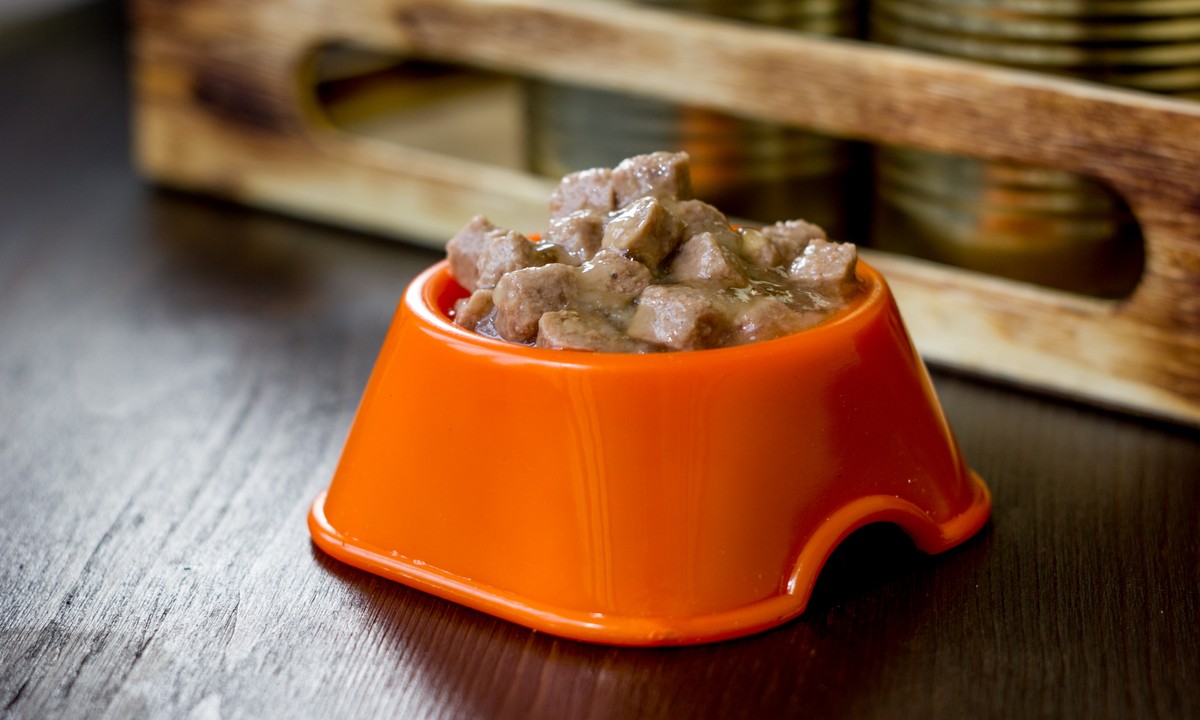Can the Food You Feed Your Dog Aid in Proper Digestion?

As with their pet parents, dogs also suffer from digestive tract issues like constipation, vomiting, and diarrhea. Their digestive system can store food in large quantities, slowly turning it into energy. The more active they are, the more energy they’ll need hence faster digestion.
Besides physical activity, the type of food they consume also has a solid impact on how effective their bowel movements are. If the food is easy on their stomach, they’ll digest it quickly and have more energy to run around and play. Here are some foods that aid in proper digestion:
RAW FOODS
Since dogs are naturally carnivores, feeding them raw food has a direct impact on their digestion process. Raw meat contains natural enzymes that supplement those already present in your pup’s body to help it break down and convert the food into energy. Many veterinarians actually recommend supplementing raw foods as a part of their diet when your dog is experiencing digestive issues.
We understand that feeding your dog raw foods can be expensive. But don’t worry, you can still reap the benefits by adding a portion of raw meat to your regular diet.
FERMENTED FOODS
Adding fermented foods to your dog’s regular diet helps increase the number of antioxidants in the food to aid proper digestion. Such foods contain high concentrations of beneficial microorganisms that trigger the production of good bacteria in your pup’s gut that improves its digestion.
According to a study, fermented turmeric, Ganghwa mugwort, and glasswort have positive antioxidant, anti-inflammatory, and antimicrobial effects. They help boost the immune system to fight diseases and improve your furry friend’s life expectancy.
HIGH-PROTEIN, LOW-FAT FOODS
All dogs have healthy gut bacteria living inside their digestive system. These microbes facilitate better digestion so what your dog eats has a direct impact on them as well.
A study reported that dogs who are fed high-protein, low-fat diets have improved digestion. You can look into getting a low-fat soft dog food that is nutritious and tasty, yet easy on their stomachs.
PREBIOTICS
Probiotics are a type of fiber that helps boost the population of beneficial gut bacteria in your pup’s body. Many foods like apples, raw oats, bananas, chicory root, and flax seeds are naturally rich in probiotics. Adding these to your dog’s diet will have a positive impact on its digestion. Or you can also look into feeding it a prebiotic supplement. They are great for regulating proper bowel movements and also help reduce inflammation.
That said, you also need to be wary of prebiotics. In addition to stimulating the growth of good bacteria, prebiotics can also cause bad bacteria to multiply if they are already present in your dog’s stomach. When introducing a prebiotic, do so gradually to see how it reacts.
PROBIOTICS
Along with the good bacteria, your dog’s gut is also inhabited by bad bacteria too. Both of these live in harmony contributing to its (dog’s) microbiome. Yet there are times when stress or illness throws off this delicate balance, upsetting the digestion process. Probiotics help make things right by restoring balance to ensure proper digestion.
Probiotics are the healthy microbes living inside your dog’s belly. They assist in digestion by converting fiber and plant-based sugars into vitamins and fatty acids. These microorganisms play a huge role in improving their biochemistry. Plus, they also help fight off respiratory tract and urogenital infections. You can administer them as supplements or look into getting dog foods that are rich in probiotics to make things easier.
WRAP UP
The foods that we mentioned above can have a positive effect on your dog’s digestion process. Not only do these help regulate bowel movements, but they also boost the immune system to improve its overall health.
